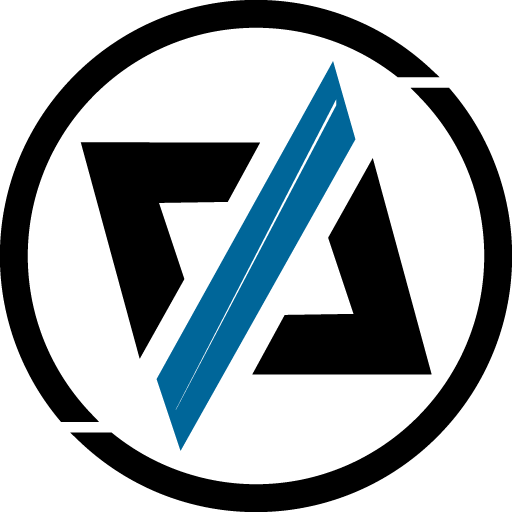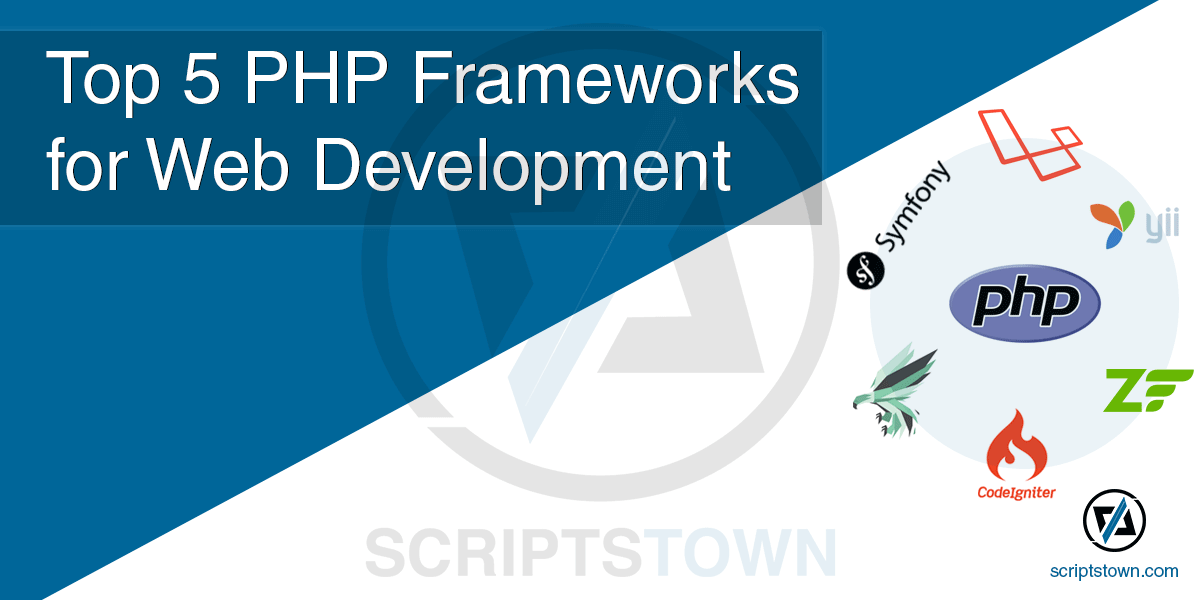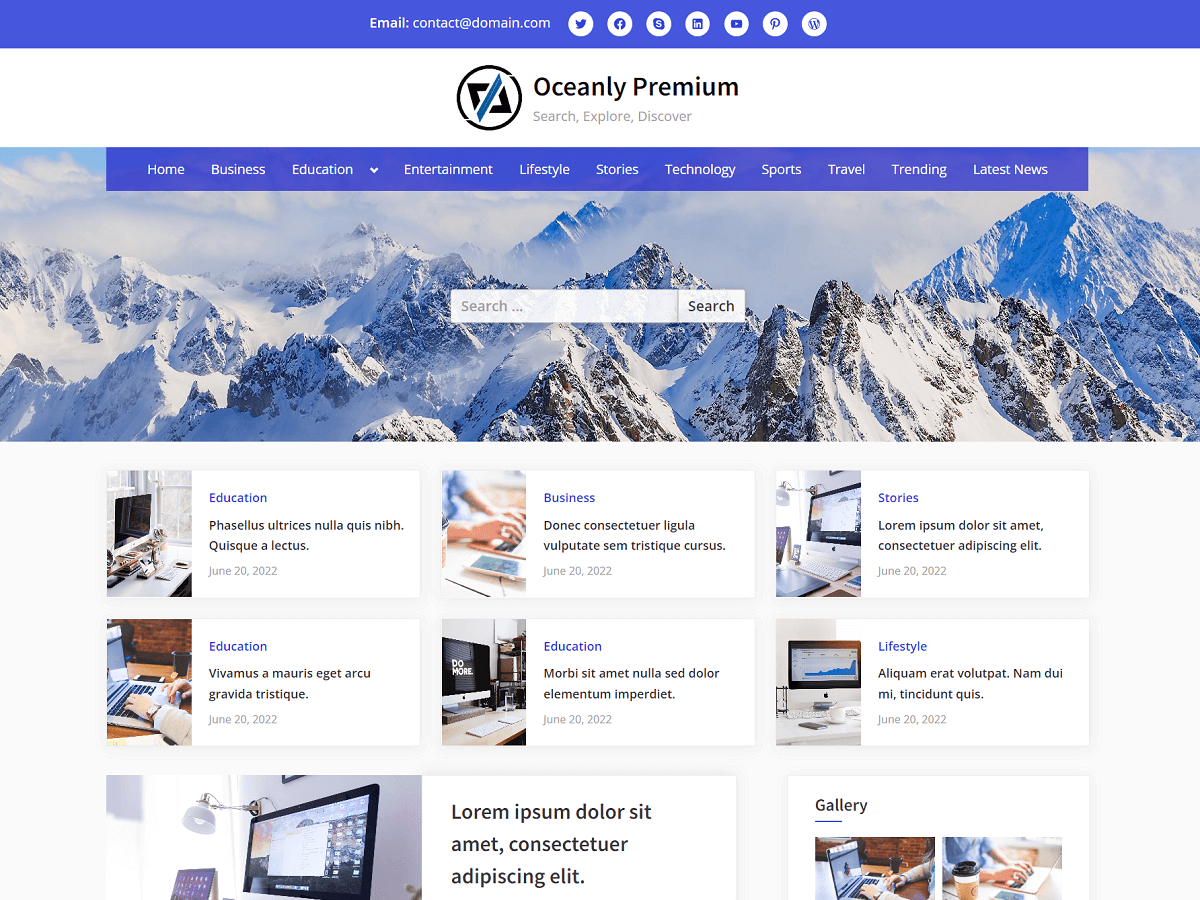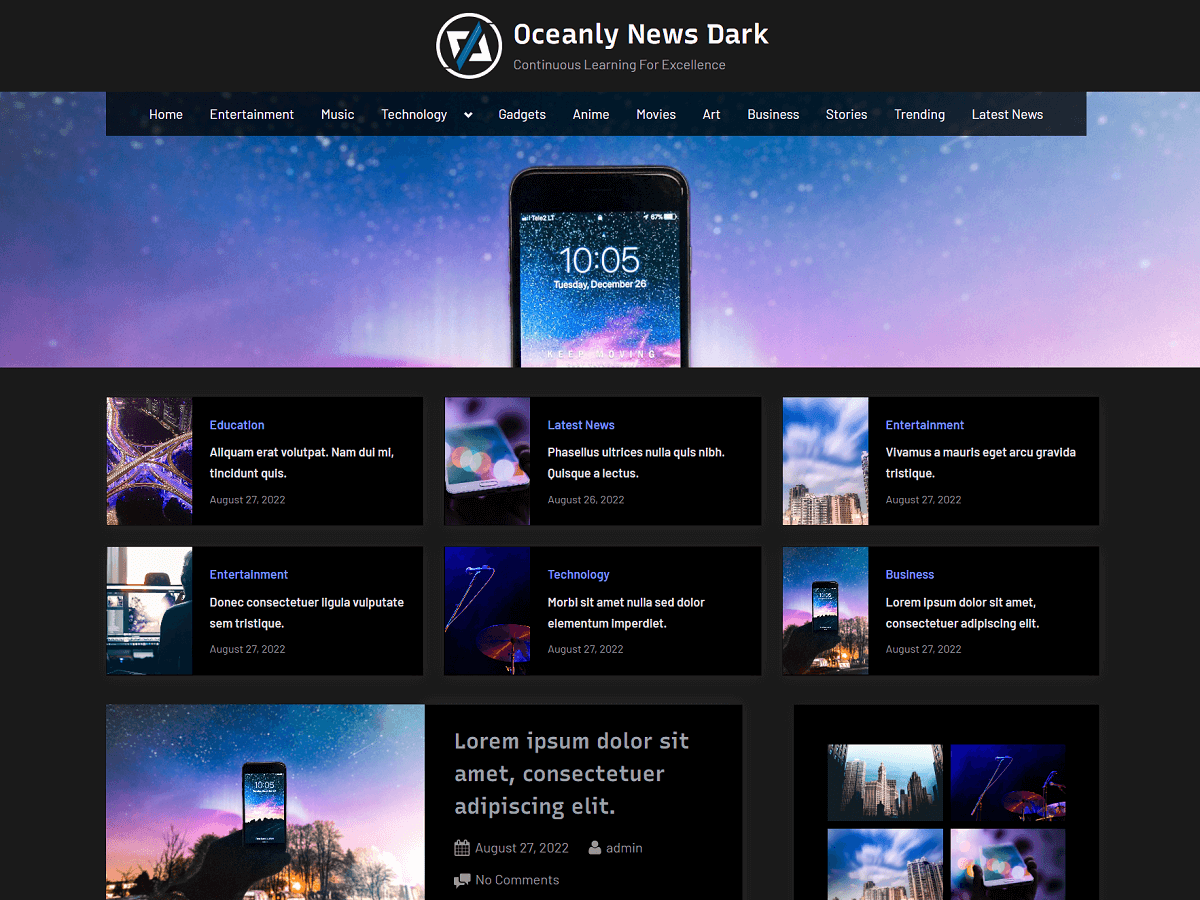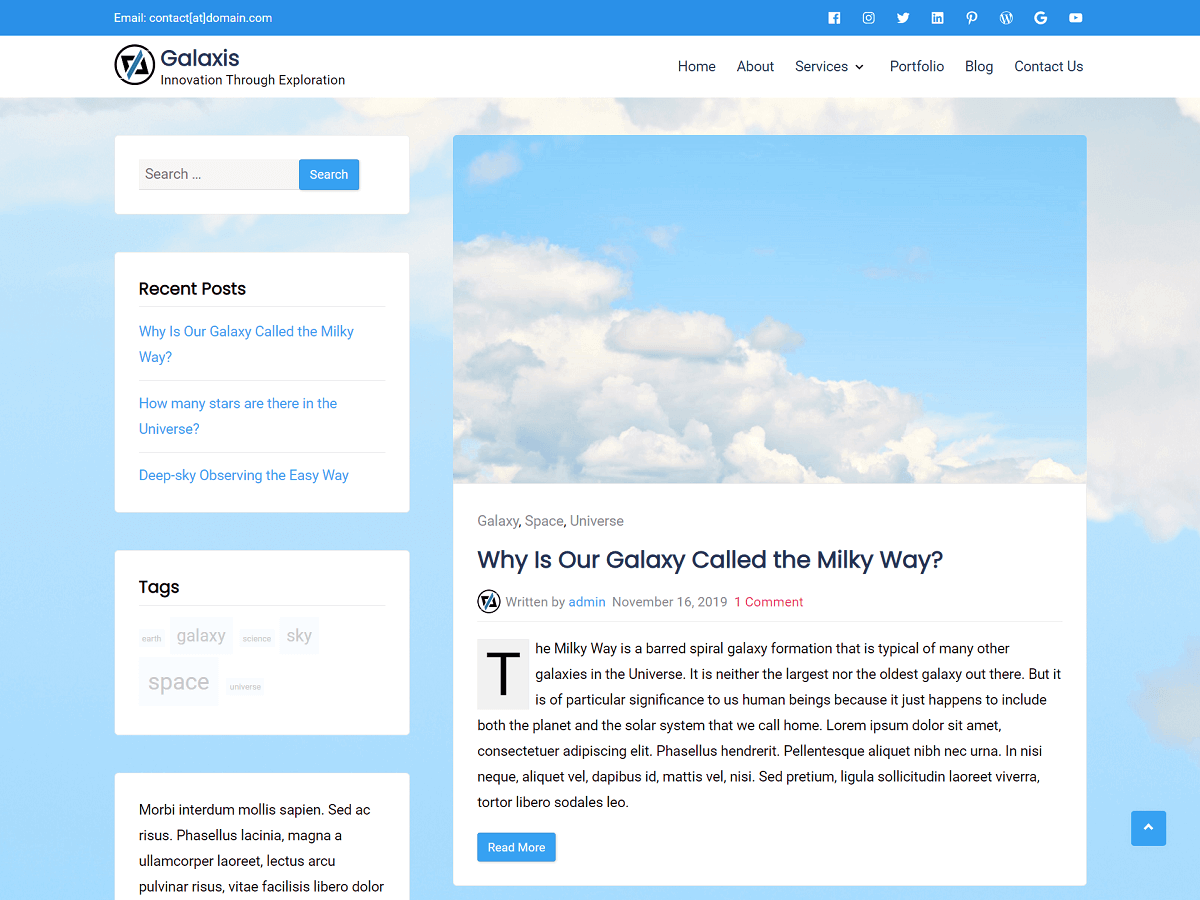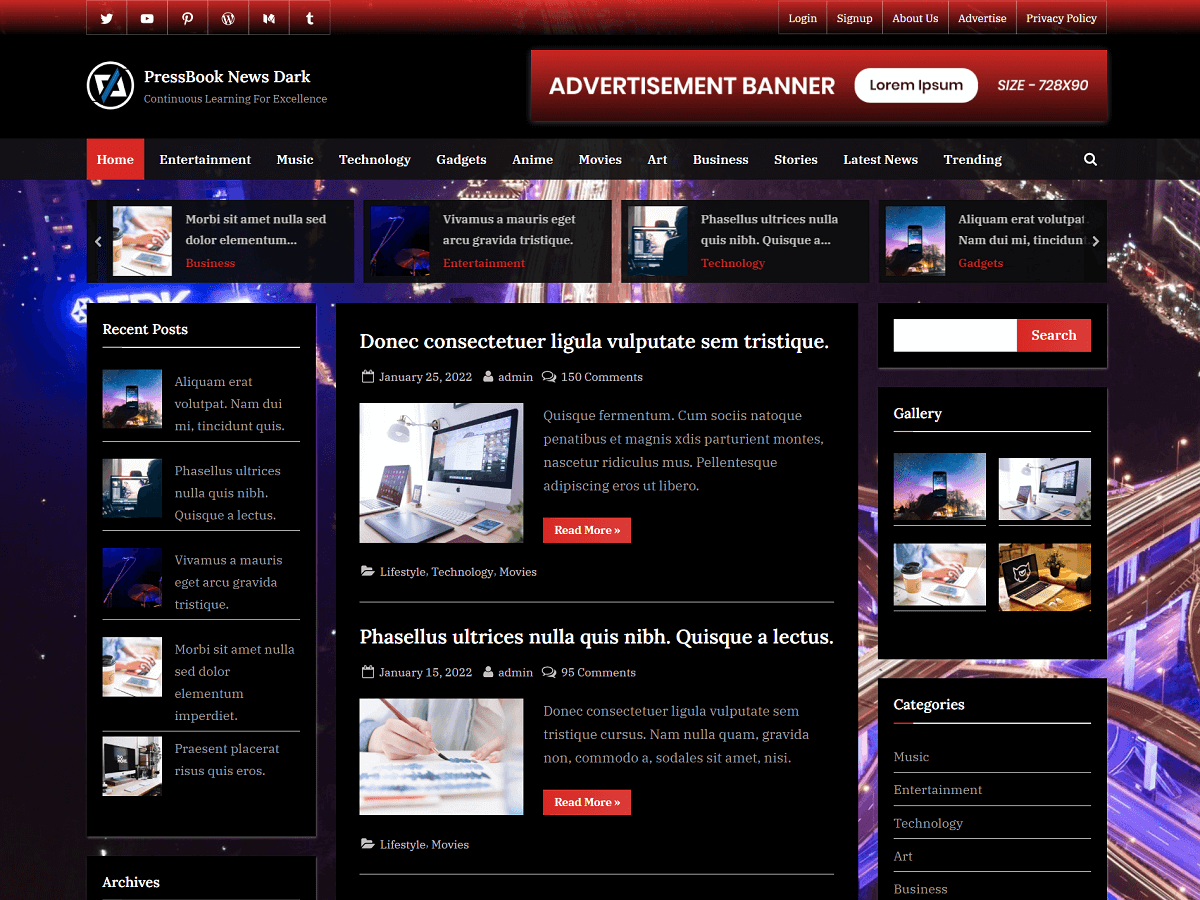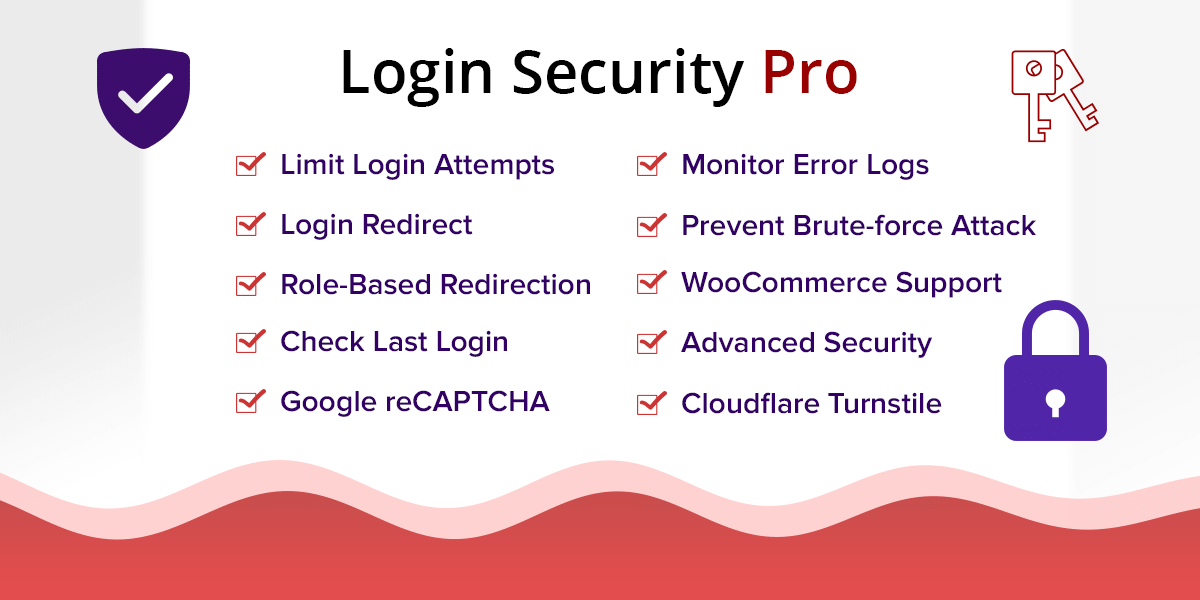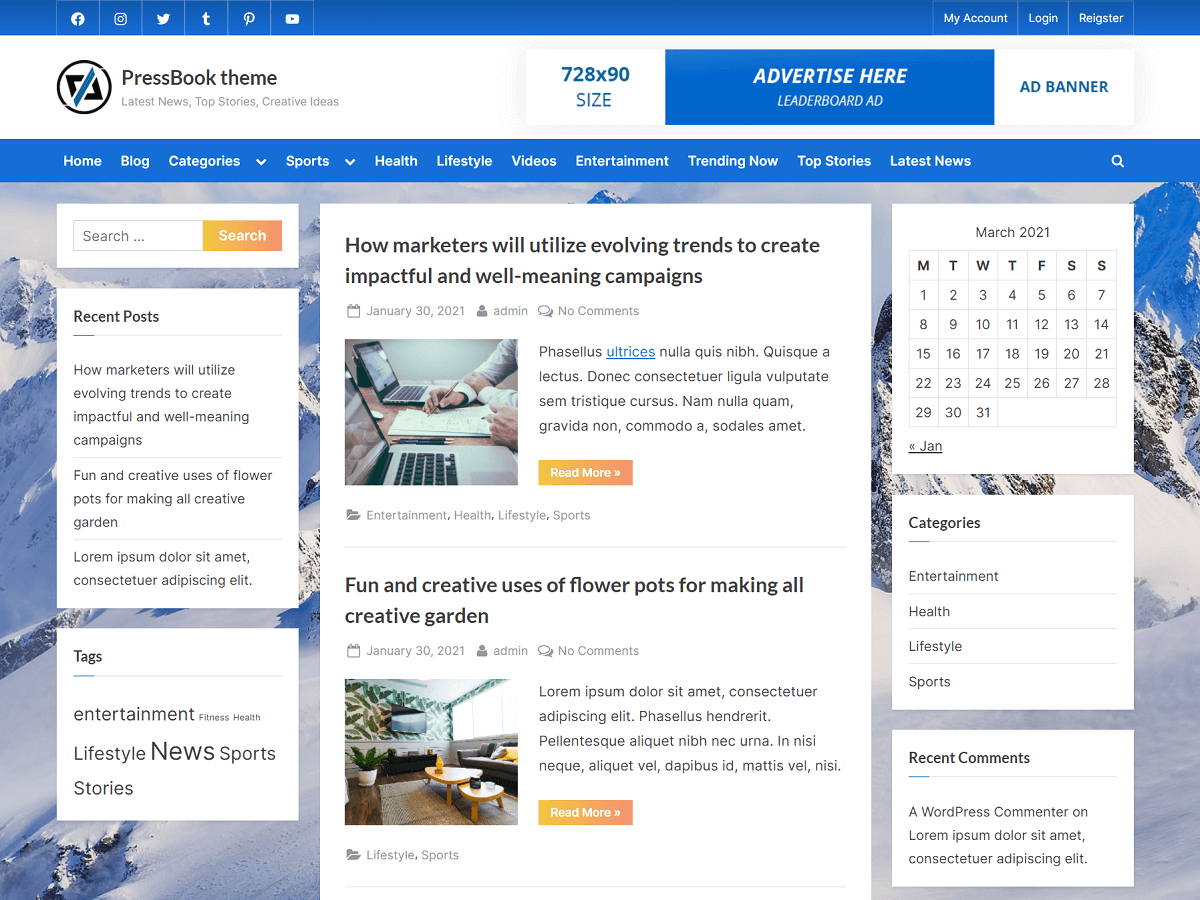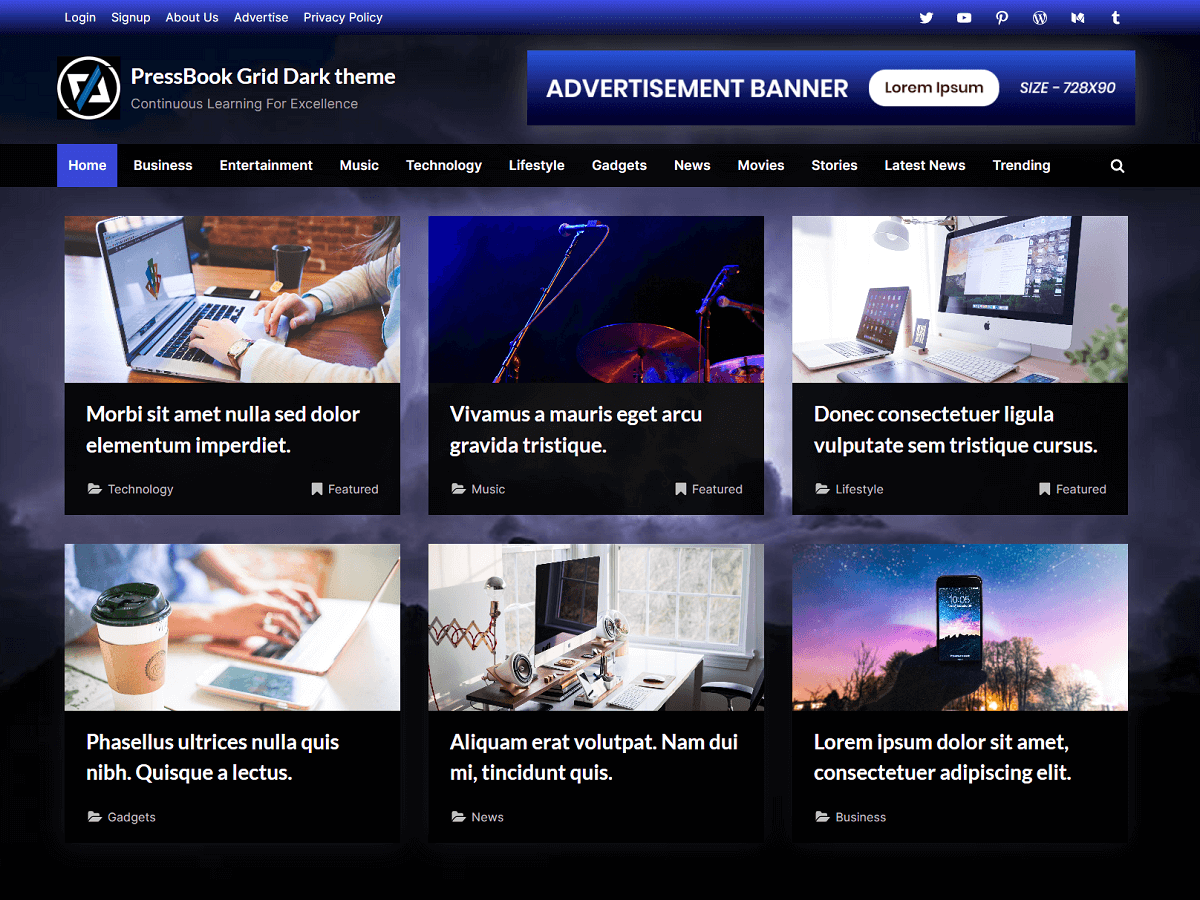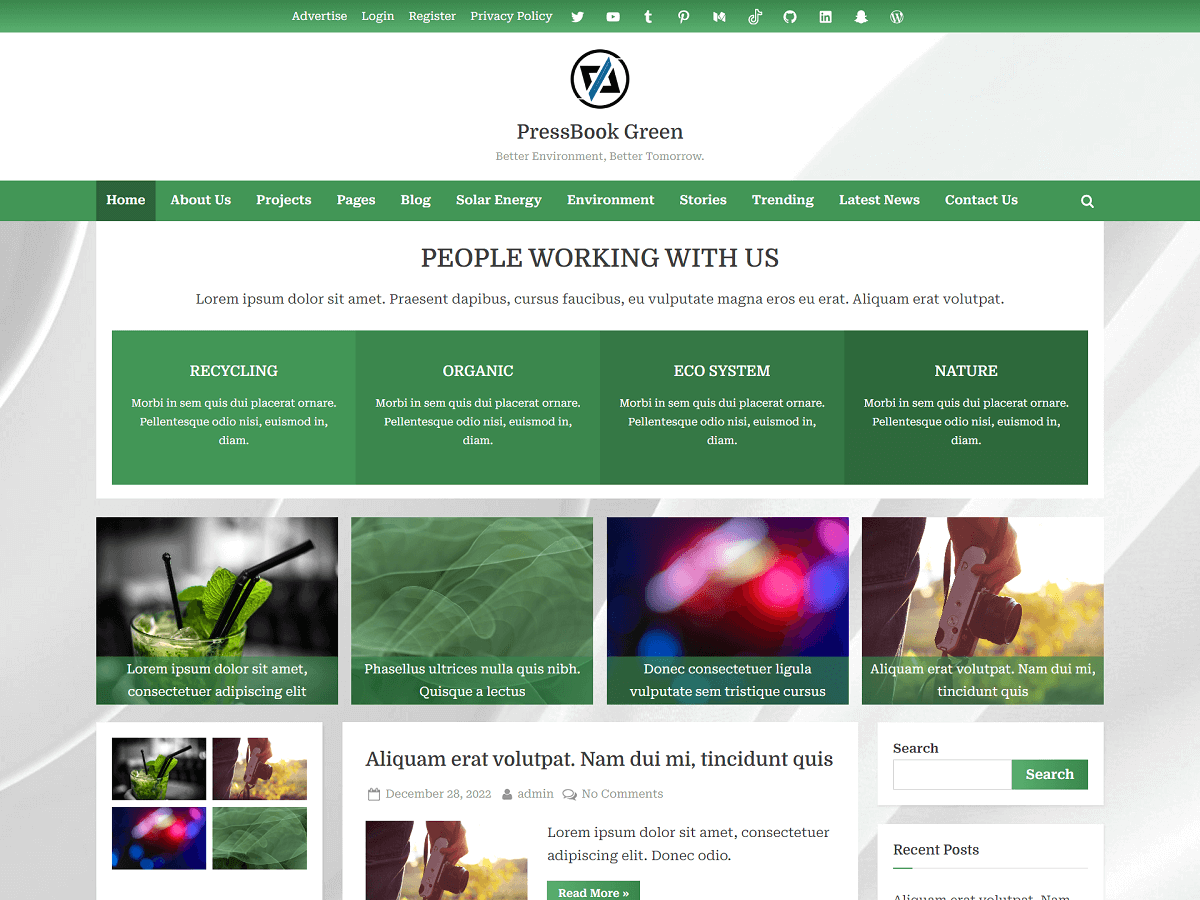PHP is the most popular server-side scripting language. As of today, almost 77% of websites use PHP across the world. The complexity of websites has increased a lot in recent years. Developing such websites require a lot of work. So, it is not feasible for anyone to always start from scratch. Hence, there is a need for a more structured way to start any project.
PHP frameworks allow developers to work in a more structured way which can save a lot of time. Moreover, the websites developed on PHP frameworks offer better security and are easy to maintain and scalable. Also, they can fulfill various businesses. Here, we talk about 5 top PHP frameworks which you can learn and use in your next project.
Laravel – PHP Framework For Web Artisans
This is the most popular open-source PHP framework. With Laravel, developers can build the most robust web applications by simplifying common tasks such as routing, security, user management, authentication, and caching. Also, it comes with highly elegant syntax and a powerful templating engine called “Blade”.
One of the main reasons for its popularity is Eloquent ORM (Object-relational mapping) which allows querying databases a lot easier than any other PHP Framework. Also, it supports database migration files that keep track of changes in a database. Lastly, with Laravel API resources, developers can easily build a REST API.
Symfony
Symfony is an extensive, high-performance framework in PHP that offers developers reusable components. Also, it includes templating, routing, authentication, form creation, etc.
Symfony is highly flexible, which allows developers to integrate it with bigger projects like Drupal. It complies with web best practices and design patterns that allow seamless integration with other vendor libraries. So, if you plan to build a project for large-scale enterprises, Symfony makes the perfect choice.
Yii 2
Yii is a high-performance, component-based PHP framework for developing web applications. It extensively uses a lazy loading technique that outperforms the other PHP frameworks. Also, it is an object-oriented framework that is based on the non-repetitive DRY (Don’t Repeat Yourself) coding principle and provides a clean and logical code base.
Yii is also extremely extensible. This means you can customize nearly every piece of the core’s code.
Phalcon – PHP C-extension
Phalcon framework was written using C & C++ language. Many developers prefer this framework because it is a C-extension and offers high performance and lower resource consumption.
The features include asset management, universal autoloader, high execution speed, top security, and caching. Because of low-level architecture and optimizations, it provides the lowest overhead for MVC-based applications. Also, it is an easy-to-use framework and very well-documented.
Zend Framework
Zend framework is completely object-oriented where you can focus only on the components that you need. Also, you can easily extend its functionality with easy integration of external libraries.
Zend is a highly customizable framework that follows PHP best practices. And, it is excellent for building complex and enterprise-level projects. The key features include:
- Extensibility with open architecture: middleware and MVC components.
- Security best practices: store passwords using bcrypt, encrypt with AES-256.
- Integrate easily with external libraries.
